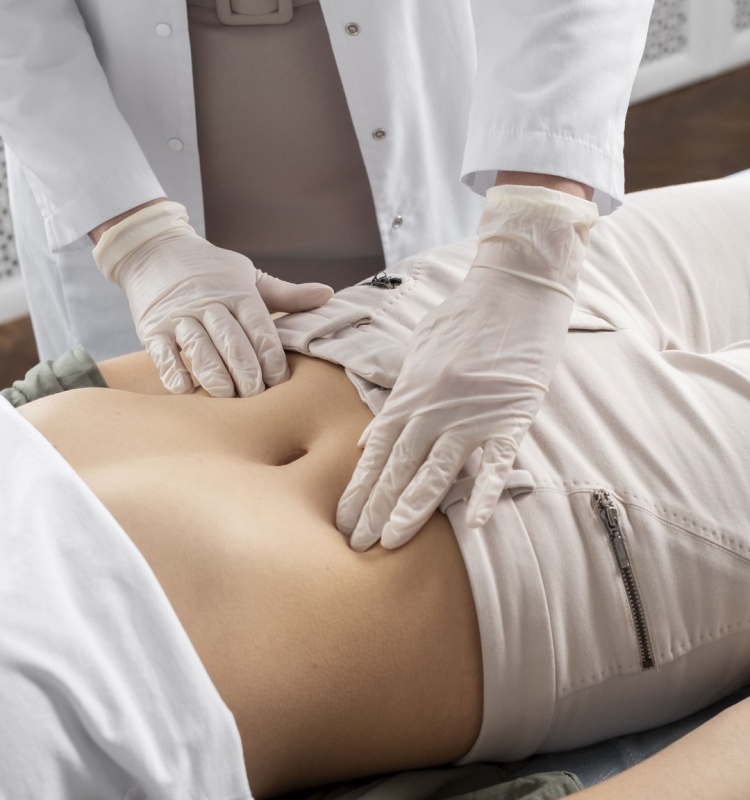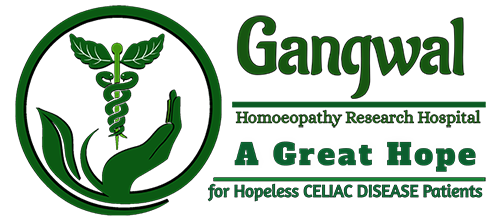Ulcerative Colitis Treatment
Ulcerative colitis (UC) is a chronic inflammatory bowel disease (IBD) that primarily affects the colon (large intestine) and rectum. The goal of UC treatment is to induce and maintain remission, control inflammation, and improve the quality of life for individuals with the condition. The treatment approach for UC may involve medications, lifestyle changes, and, in some cases, surgery. The specific treatment plan will depend on the severity of the disease, the extent of inflammation, and the individual’s response to treatment.
Here are some common treatments for ulcerative colitis:

Medications:
- Aminosalicylates: These drugs, such as mesalamine, sulfasalazine, and balsalazide, are often used as a first-line treatment for mild to moderate UC. They work to reduce inflammation in the colon.
- Corticosteroids: Steroids like prednisone or budesonide may be prescribed to reduce inflammation during flare-ups. However, they are generally used for short-term management due to potential side effects.
- Immunomodulators: Medications like azathioprine, mercaptopurine, or methotrexate may be used to suppress the immune system and help control inflammation.
- Biologic Therapies: Biologics, such as infliximab, adalimumab, vedolizumab, or golimumab, target specific molecules involved in the inflammatory process and are often used for moderate to severe UC.
Lifestyle Modifications:
Dietary changes: Some individuals with UC may benefit from dietary adjustments, such as avoiding trigger foods or following a low-residue diet during flare-ups.
Staying hydrated: Drinking plenty of fluids can help prevent dehydration, which is common during active UC.
Avoiding stress: Stress and anxiety can worsen UC symptoms, so stress management techniques like meditation or counseling may be beneficial.
Supportive Therapies:
Probiotics: Probiotics may help promote gut health and reduce inflammation in some individuals with UC. However, their effectiveness can vary, so it’s essential to discuss their use with a healthcare provider.
Pain relief: Over-the-counter pain relievers like acetaminophen may be used for mild pain. However, non-steroidal anti-inflammatory drugs (NSAIDs) like ibuprofen should be avoided, as they can exacerbate UC symptoms.
Surgery: In cases of severe or refractory UC, when medical therapy is ineffective or complications arise, surgical intervention may be necessary. Procedures like colectomy (removal of the colon) with ileal pouch-anal anastomosis (IPAA) or ileostomy may be performed to improve symptoms and enhance quality of life.
UCT(Ulcerative Colitis Treatment) can be cured with the help of homoeopathy

Individuals with ulcerative colitis should work closely with a gastroenterologist or IBD specialist to develop a personalized treatment plan. Regular follow-up visits are crucial to monitor disease activity, assess the effectiveness of the treatment, and make any necessary adjustments. With appropriate management, many people with UC can achieve remission and lead productive lives.









